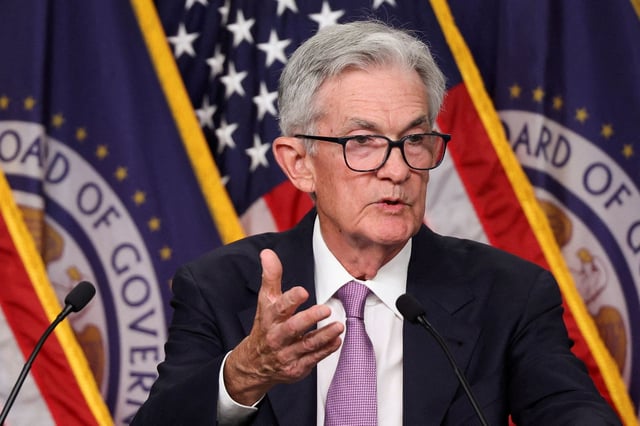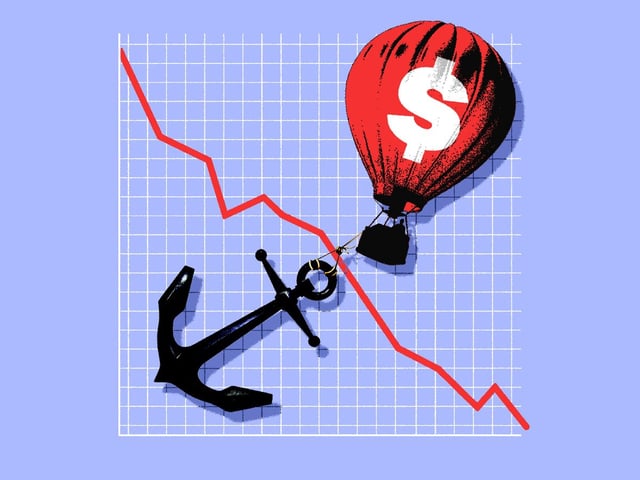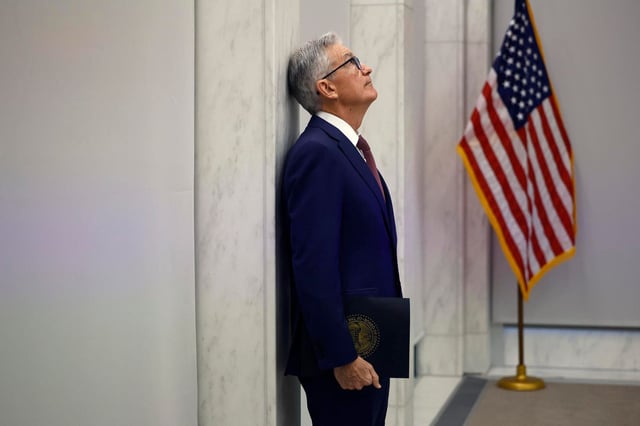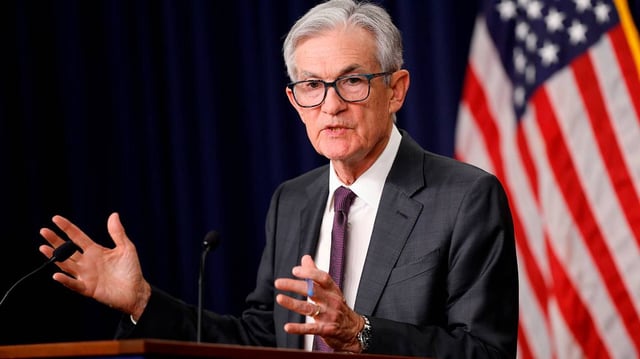Overview
- President Trump recently walked back his threats to fire Federal Reserve Chair Jerome Powell after calling him a 'major loser' and urging interest rate cuts to offset tariff impacts.
- The administration’s tariff policy has caused supply chain disruptions, higher prices, and market volatility, with weak demand for Treasury securities pushing rates beyond Fed control.
- The Federal Reserve’s 'abundant reserves' framework, established in 2008, limits its ability to fully control market interest rates or address trade-induced supply shocks.
- Economists and retail executives warn that monetary policy alone cannot resolve trade war repercussions, urging the administration to reconsider its tariff strategy.
- Historical parallels highlight the importance of Fed independence, with past presidents navigating tensions with central bank leadership during economic crises.



